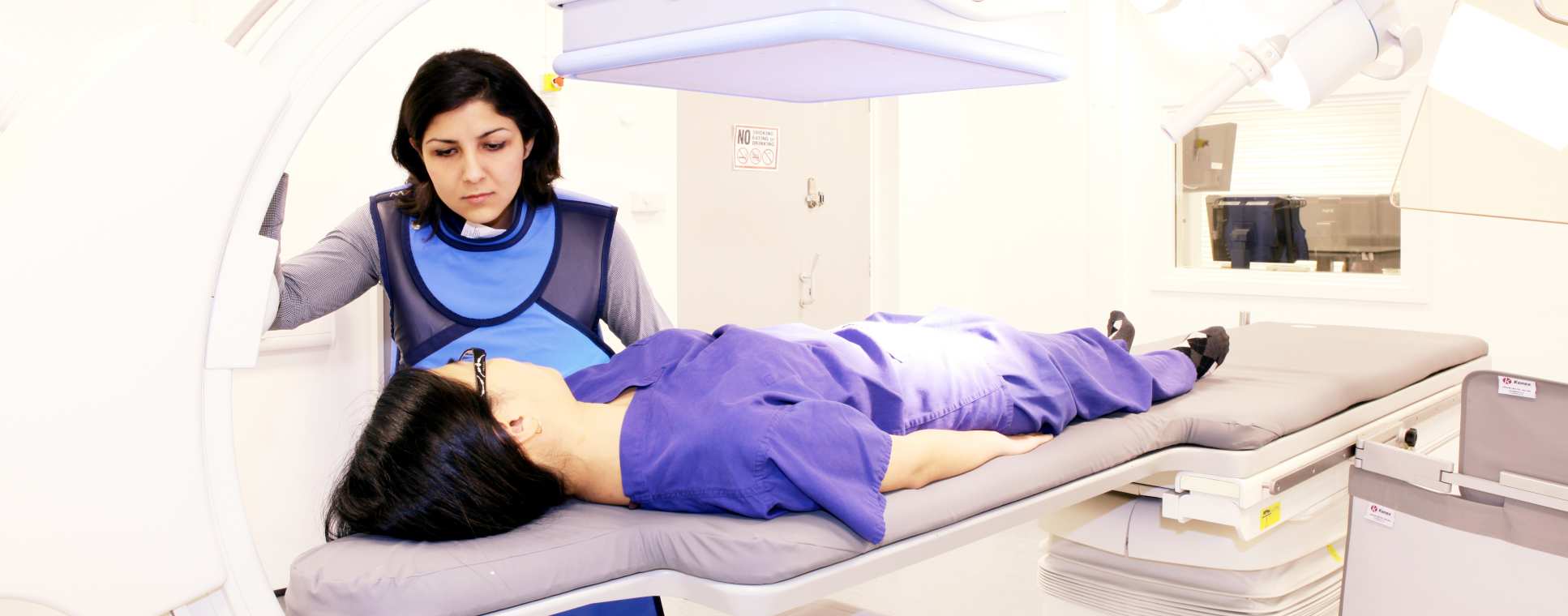Cardiovascular Imaging

Cardiovascular disease remains the biggest killer in the western world. Cardiovascular Imaging, which includes a range of complementing modalities, plays a key role in the diagnosis, monitoring, and treatment of the disease. At the Hamlyn Centre, we work on a broad range of imaging modalities, particularly in cardiovascular magnetic resonance imaging. These include the development of accurate cardiac function measurement including phase contrast velocity mapping, myocardial perfusion and coronary imaging. We work closely with CORDA, Royal Brompton Hospital, and St Mary’s Hospital, London.
Our research is motivated by the need for early diagnosis of cardiovascular disease when it can be controlled or reversed with non-invasive therapy. Imaging is increasingly moving from being a primarily diagnostic modality towards a therapeutic and interventional aid, facilitated by advances in minimal access and robotic-assisted surgery and the emergence of novel drugs and other forms of treatment.
Research themes
Research themes
Cardiovascular MRI
Locally focussed and motion compensated imaging sequence design, real-time imaging architecture and reconstruction, phase contrast velocity mapping and multi-directional flow reconstruction, myocardial contractility, perfusion, diffusion mapping and fibre tracking.
Cardiovascular modelling and image analysis
Subject specific haemodynamic modelling, statistical shape models and dynamic shape instantiation, machine learning and Bayesian methods for pharmacokinetic and perfusion modelling, and reinforcement learning for medical image analysis.
Robotically assisted endovascular intervention
Continuum robot and novel actuation design for endovascular intervention, visual-servoing from limited view reconstruction, force-feedback and ergonomic considerations for catheter robots, and learning-based modelling of endovascular navigation for collaborative robotic catheterisation.


